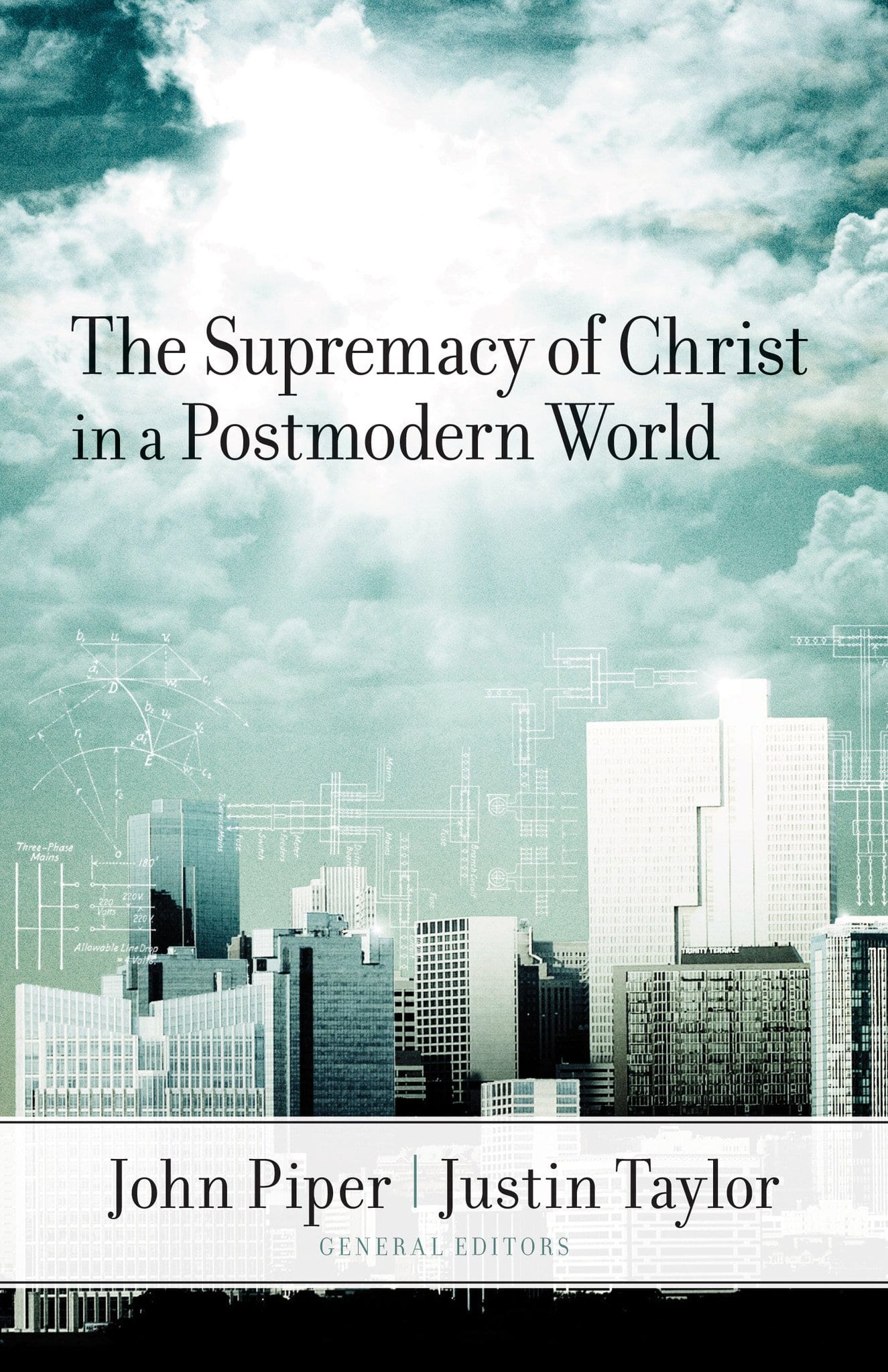Editor/Author JOHN PIPER, JUSTIN TAYLOR
Publisher CROSSWAY
ISBN 1-58134-922-1
These are transcripts of papers given at a national conference in Bethlehem Baptist Church, Minneapolis in 2006. The speakers who contribute to this short book are well known Christian Evangelical leaders, each with a Reformed theological viewpoint. The book concludes with conversations held with the speakers at that time and are actually very helpful to sense the pastoral concerns of these theologically inclined men. Some might regard the authors as a ‘galaxy’ of Evangelicals who are endeavoring to uphold ‘old style’ truth as against the ‘cool’ theology, (or lack of it), as taught by men who are prominent in what is known as “the emergent church.” I would prefer to call John Piper and his fellow writers deeply concerned shepherds of God’s flock who perceive a deep divide appearing in the Christian scene, first in the USA and spreading worldwide.
The impact of the postmodern adaptation of the gospel affecting the churches is resulting in the superficiality that is part and parcel of a self-centered world. The first longer article is by David Wells and could be summed up by saying, postmodernism is essentially man, from the bottom up trying to find the heights of God and peace, whereas the truth of God in Christ is from the top down, God incarnate in Jesus Christ descending and making Himself known unto the salvation of human beings. There are a good number of insightful passages in these chapters, each of which is considering a separate issue. Do not expect a reasoned argument from beginning to end, rather, you will find contemporary USA both in its secular life and the spurious ‘spirituality’ both outside and inside the churches being critiqued from various standpoints as regards “what saith the Lord in His book.”
It is quite clear both from the conversations and in particular John Piper’s article on joy, that the emergent village leaders, such man as Rob Bell and Brian McClaren and others were particularly in the firing line as was the writers of “Truth is Stranger Than it Used to be”, Walsh and Middleton. As I write this little book brief we are eight years on from the occasion of the conference and seven from the publication of this book, but it remains seriously relevant and should be welcomed and read by those in leadership in the churches. That the supremacy of Christ is being undermined wholesale in many churches that endeavor to be relevant in our age is something very evident. That there are many leaders who are somewhat ignorant of what they are doing is also evident. This book with its six or seven separate articles can help to clarify issues and set those willing to be challenged and helped more diligently and confidently on their way to setting forth Jesus as Lord and Christ.





